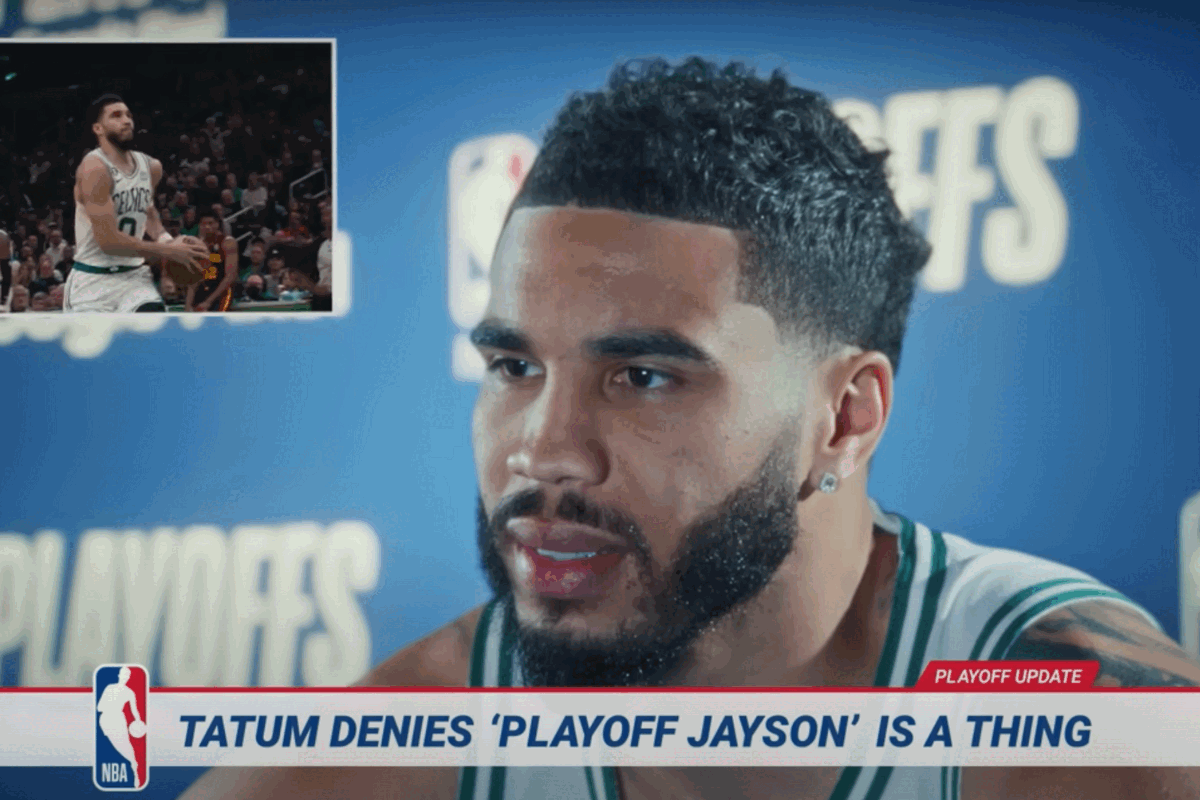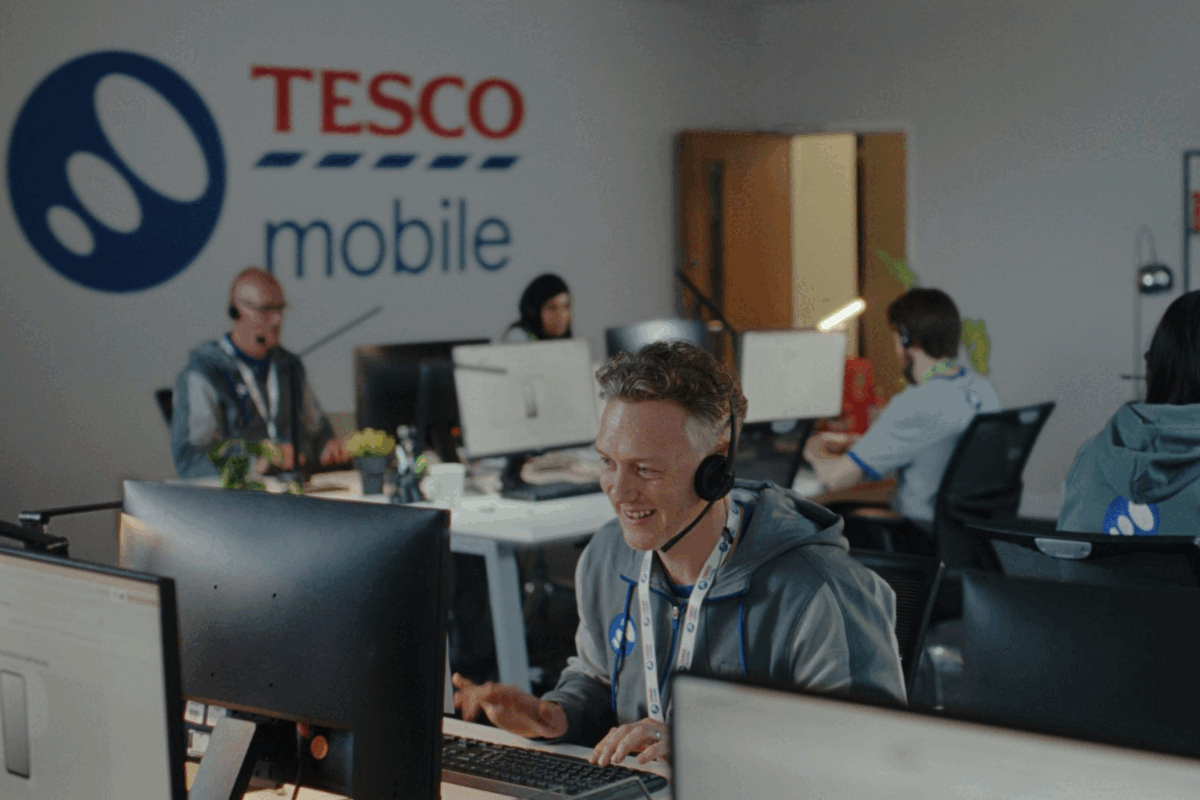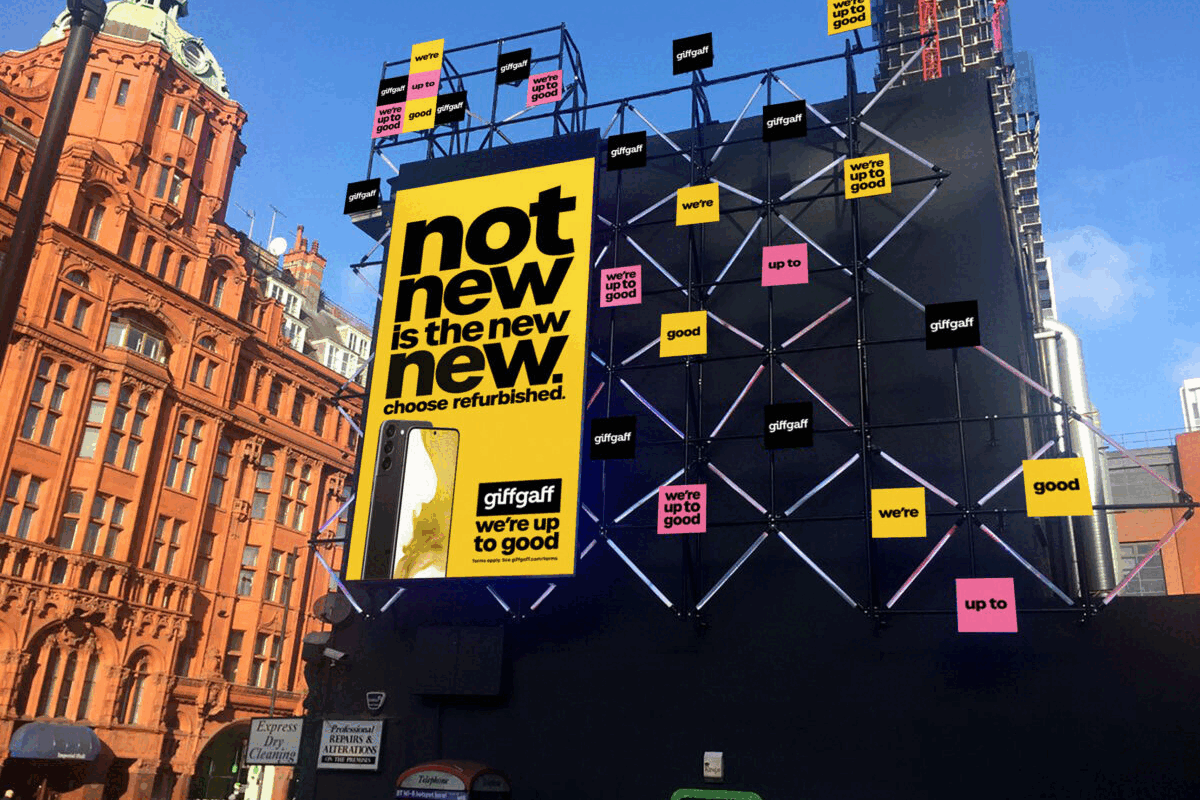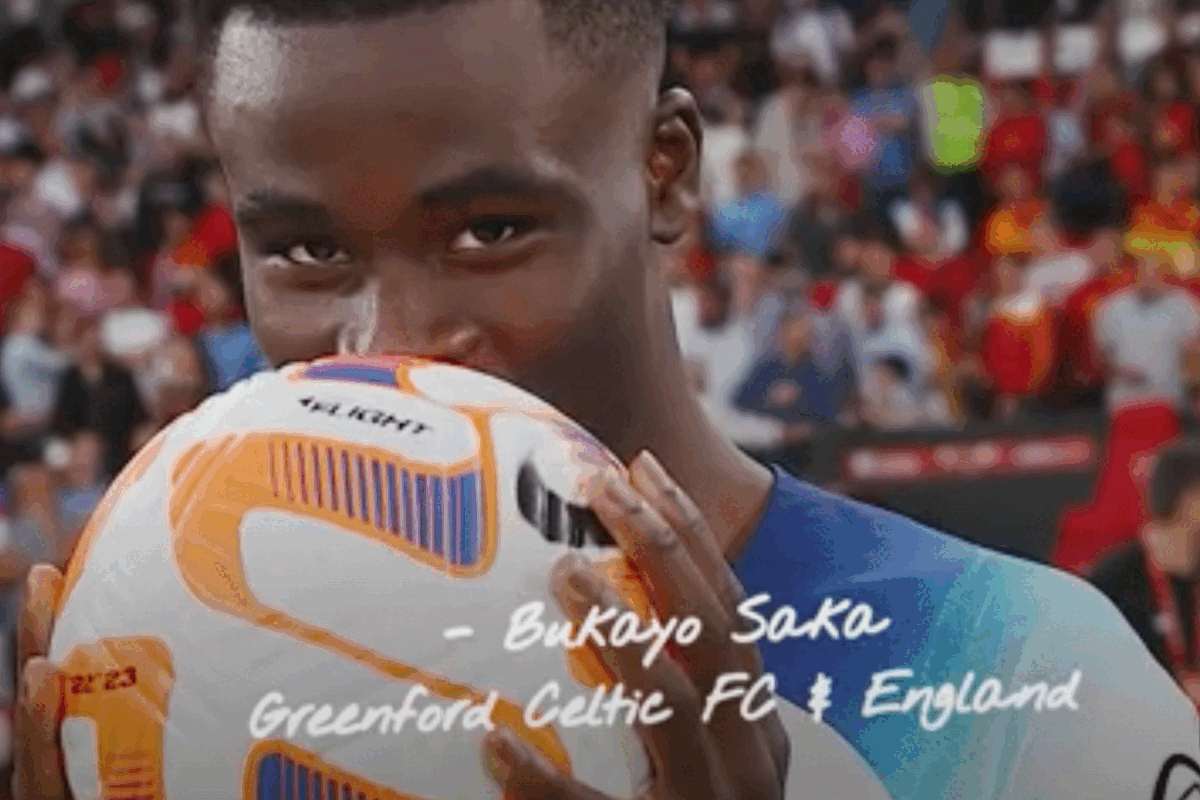Google Unveils Click-to-message Ads
- Wednesday, October 19th, 2016
- Share this article:
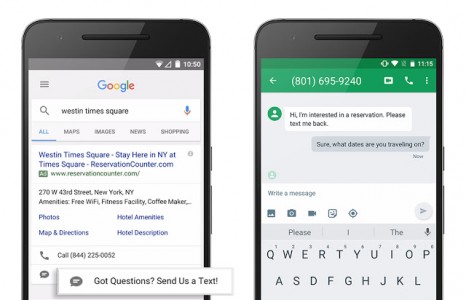 Google is introducing a new mobile ad format for its AdWords network that will enable consumers to launch a conversation with brands via text message simply by clicking on an advert, providing higher levels of customer engagement and a richer experience for consumers.
Google is introducing a new mobile ad format for its AdWords network that will enable consumers to launch a conversation with brands via text message simply by clicking on an advert, providing higher levels of customer engagement and a richer experience for consumers.
Click-to-message ads will be introduced internationally over the next few weeks, and will enable advertisers to set up a message extension that connects directly to a smartphones SMS app, generating a pre-written message tailored to their product or service.
Nearly two thirds of smartphone owners use messaging more than five times a day to communicate with others, and 65 per cent of consumers say theyd consider using messaging to connect with a business, either for information or to schedule an in-person appointment.
“The results from click-to-message have been phenomenal and weve seen a 80 per cent higher conversion rate when compared to other similar channels,” said Gavin Parker, paid search manager at Auto & General, who tested the ad format in South Africa.
“We can now tap into an important consumer base that prefers to use SMS to learn more about our insurance products. Besides giving users a new way to get in touch with us, we feel this is by far the fastest and most cost-effective way to connect with them.”
The ad formats messaging capability will initally be limited to SMS, but Google is exploring the option of having it connect with other OTT messaging applications. While it can be used to connect with chatbot-style auto-response programs, Google says theyve seen the best results from connecting consumers with real customer advisers.
“I havent seen the killer chatbot experience yet thats made me say Wow, this is better than a human in terms of the quality of response it can deliver,” said Jerry Dishler, vice president of product management for AdWords at Google. “Its certainly lower cost, no doubt, but I think things are pretty early.”
“Click-to-message ads have proven to be a great way to help prequalified customers start the hotel reservation process in a way that is convenient and easy for them,” said Gabe Thayn, director of search marketing at the TravelPASS Group. “They can text an agent to get questions answered, continue the conversation on their own timetable, and trade booking information before completing the final checkout over the phone or on our website.
“Its a seamless and streamlined process that helps increase brand trust. The conversion rate on message extensions is 41% higher compared to other ad extensions. Paired with customer support software, they’ve also allowed our agents to respond to requests in a more efficient and cost-effective way.”
Encouraging an Omnichannel World
As well as launching the new ad format, Google is also rolling out its Test My Site mobile benchmarking tool to 12 new countries in Europe. The tool, which enables developers to check how mobile-friendly their site is, was previously limited to the US.
“The reason were doing this is to allow our advertisers and webmasters the ability to have a look at the quality of their site, in particular in order to try to advise them on what they can do to make their mobile experiences better,” said Dishler.
“What were finding is that consumer expectations and the current state of what advertisers are offering are pretty out of whack. When consumers want sites to load in three seconds or less, three out of four large advertisers mobile sites load in 10 seconds or more, so we really have a technology gap that we need to bridge.
According to Dishler, Googles increasing focus on mobile is drive by consumer trends, and a desire to construct a truly omnichannel experience for both brands and consumers.
“The way that I think about is that we have these wonderful user touchpoints, and Im neutral to what device the user is on,” said Dishler. “I want to offer them a great experience on whatever device they choose. Increasingly, users are spending their time on mobile devices, and therefore it deserves an out-sized focus from us as a team, and Google as a company.”





